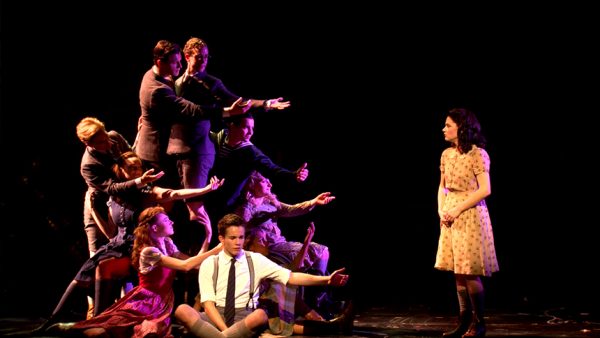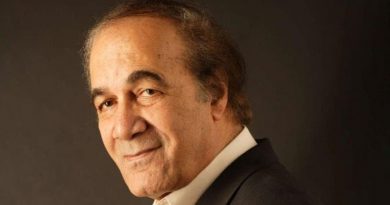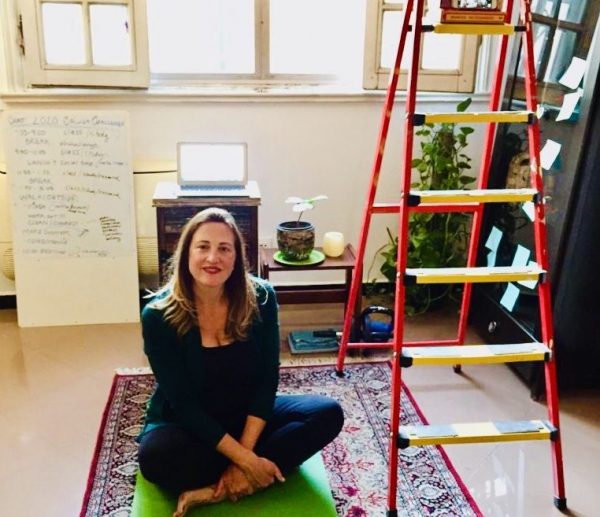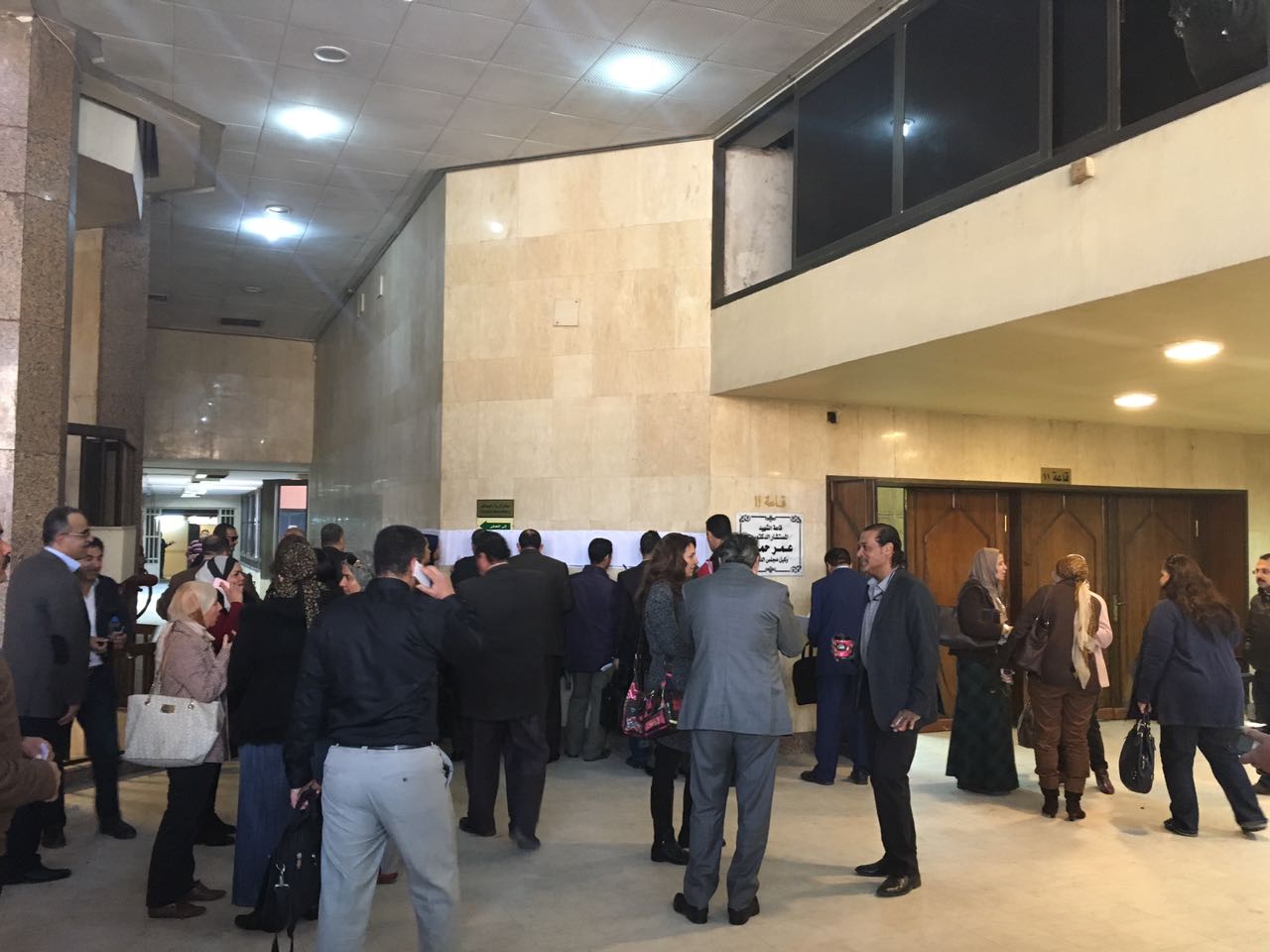Spring Awakening: Sexuality, Rape and Suicide on the Main Stage

By: Karim Mourtada and Malak Saad
@ImKarimKop @MalakSaad76
A rendition of the edgy play Spring Awakening, set to premiere on March 29 at the Malak Gabr Theater, has raised many questions regarding its explicit content.
Spring Awakening is the first major play written by German dramatist Frank Wedekind in 1891, and discusses persecutions in 19th century Germany for erotic fantasies experienced by children during that period.
Due to its provocative themes, the play was either censored or completely banned until its first performance in 1906.
“It was not in fact until the 1970s that the play started to get much wider performance and acknowledgement,” Associate Professor, Director of the Theatre Program and Director of the play Frank Bradley told The Caravan.
This is not the first time that Bradley directs this play — he first tackled it 25 years ago.
“It is what we call an experimental play. It blew away all convention and was considered very controversial … It is one of the best and most powerful plays because it predicts what will happen in the centuries to come,” he added.
The play consists of three acts and 14 scenes, comprised mostly of dialogues between the children.
One of the leading children in the play, Hanschen Rilow, is played by Mechanical Engineering Junior Hisham Abdel Razek.
Hanschen is a 14-year-old schoolboy who is confused and excited about discovering himself sexually.
He appears to be more mature than the other children since he is more knowledgeable about issues pertaining to sexuality and its role in the corruption of society.
“Seeing as we live in a culture where people are pretty tight lipped on this kind of topic, just about anything to do with sex will be deemed controversial, so you can only imagine what this play will do,” Abdel Razek said.
Even as anticipation of the community’s response to the theater classic builds, its cast and crew are excited about the production and the challenges it poses.
The role of 15-year-old Thea, played by Music Performance Senior Myrna Ghanem, is more innocent and naive.
Thea, unlike Hanschen, is unaware of her sexuality.
“I am definitely excited about this role, even though it is very challenging,” said Ghanem, who is taking on a controversial role for the first time.
She agreed with Abdel Razek that the play involves a lot of sensitive topics, especially for females in Egyptian society.
“Egyptian culture does not accept explicit sexuality but it is a real matter that we are all exposed to,” said Bradley.
Ghanem nevertheless is approaching her role with a positive attitude.
“I am not scared at all. Spring Awakening is one of the most famous plays ever written. It has been shown a million times before so it is good to finally tackle such a rich topic in our region,” she said.
Unlike Ghanem, Abdelrazek has previously acted in a controversial play.
“I did a controversial role before where there was a seduction scene between a girl and a boy where she would kiss my neck and sit on my lap. So I guess that sexual barrier on stage [has been] broken for me after that role,” he said.
However, Ghanem and Bradley both agree that AUC is a safe place to perform such a daring play and neither of them is worried about the reactions to come.
Bradley believes that AUC endorses, to an extent, freedom of expression – and the limits of this freedom have been respected.
“We are conscious about a certain line not to cross because we do not want to endanger the play or the students,” he added.
However, this does not mean that the play will not pose a challenge to many of the actors who have never experienced anything similar on stage before.
“It requires lots of forms of sexual acts and expressions. Everything from normal sexuality, to sadomasochism to masturbation. There will not be anything extremely explicit but actors in the play have to be comfortable with touching and feeling,” Bradley said.
He also made it clear that choosing to direct this play is not about influencing or sending a message to the Egyptian society.
“I am not trying to shed light on sexuality. If it happens that while someone is watching the play they realize something, then that is great. But this has never been my main goal,” he added.
Abdelrazek, for his part, is aware of the impact that the play is likely to have on an Egyptian audience.
“People have to realize that this is not a funny play. It is very serious that tackles subjects that were happening in the 19th century, and which got much worse now,” he added.




